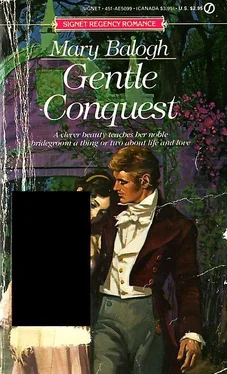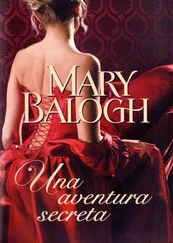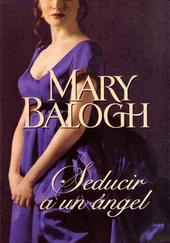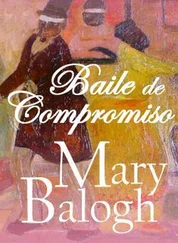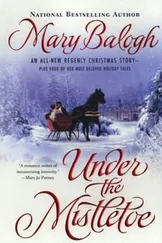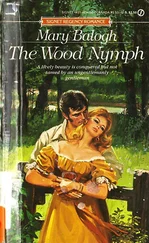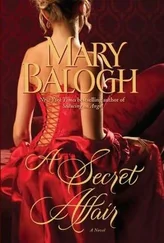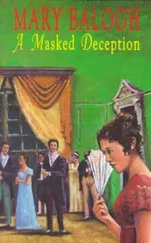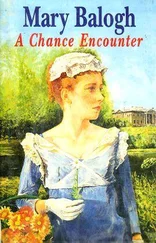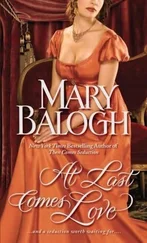"Pooh, there is no need," Georgiana said. "If I do not like a rule or a convention, I just do not follow it. There is nothing more simple."
Ralph laughed. "You are so very sweet, Georgiana," he said. "I thought you were very shy. But you are not entirely so, are you? You have the courage sometimes to speak what is on your mind. But I cannot believe you to be as bold as you pretend. And you need not pretend with me, you know. With me you must always be yourself. I like you as you are."
Heaven help the poor boy, Georgiana thought, if she should be herself at that moment. Yes, she would say, and how are we going to get over this nasty and humiliating hurdle of an unconsummated marriage? Let us talk about what happened, or did not happen, last night, Ralph. Let us talk about it and look at each other and try to overcome the embarrassment of the whole thing.
That is what she would have said. That is what Georgiana Burton would have said. Georgiana Middleton did not speak what was on her mind. She turned craven. She said, "Are you really going to rebuild the laborers' village, Ralph?"
The smile faded from his face. He flushed and looked extremely uncomfortable. "Did Mrs. Harris tell you that?" he asked. "I wish she had not. She seems to think there is something heroic about my having agreed to do so."
"And you do not think so?" Georgiana asked.
"Oh, no," he said. "I realize that you will see it as a great weakness in me to have said they may go ahead with the building."
"Why?" she asked. "Can you not afford the expense?"
"I imagine your papa has told you that I am extremely wealthy," Ralph said. "This will not reduce us to poverty, dear. Perhaps it will mean that we cannot do anything very extravagant, like spend a few months in Europe for the next year or so, but I do not wish to expose you to the dangers of Europe at present, anyway. It is just that you must think a really strong man would not allow himself to be affected by the feelings or the comfort of his servants."
"That is what Papa always says," she said, frowning slightly. "Your father too?"
"Oh, yes," he agreed. "But I am afraid I have had to accept the fact that I can never be strong and forceful as most people see those qualities."
"Do you wish to be, Ralph?"
He flashed her a grin. "No," he said, "I am afraid I do not. I would prefer to be myself, even though I will never be respected as my father was. I am sorry, Georgiana. You have married what many people must consider a poor excuse for a man."
"I have been under the impression in the last hour that many people respect and even love you, my lord of Chartleigh," she said.
"Does it count to be loved by the lower classes?" he asked with a smile.
"Well, does it?" she asked, challenge in her eyes.
He looked steadily back at her. "Yes, to me it does," he said. "You see, I love them. I am sorry, Georgiana. You will have a hard time making an acceptable nobleman out of me. You will learn to sympathize with my mother. It makes her very unhappy that she can scold and scold until I seem to agree with her but then go my own way anyway. She may be right. With all the education of my upbringing, I feel she is right. But I have too tender a conscience to live up to my upbringing. Perhaps too unmanly a conscience." He looked at her as if expecting a comment.
Georgiana opened her mouth but found that she did not know what she wished to say. Strength? Weakness? They were opposites, were they not? She had never worried over the differences between them. It had always been perfectly obvious to her who were the strong people and who were the weak. Ralph was crowding her head with new notions, and she was not at all sure that she liked his doing so. She was unaccustomed to thinking, and resentful of anyone who tried to make her do so. She liked a simple life, a life given over entirely to the amusement of self. It was not at all amusing to find herself trying to judge if Ralph were right or wrong in what he was doing, weak or strong.
"You are very quiet," Ralph said. They were riding along a grassy avenue between two lines of poplar trees. It was very peaceful. "Shall we dismount and walk for a while?"
He did not wait for her answer but swung himself from the saddle and came across to lift her down from hers. He did not immediately release his hold on her waist when she touched the ground.
"Do you feel very strange here?" he asked. "Are you homesick, Georgiana? I do sympathize with you. It does not seem entirely fair that after marriage it is the wife who has to leave her home and all its familiar faces. Will you think of me as a friend? Believe me, there is nothing you need be apprehensive about. I will make no demands on you. I will not force you into anything for which you are not ready. You may relax. And I will be very honored if you will talk to me and come to me with your loneliness and your troubles. Will you, dear?"
His face was full of tender concern, his eyes full of kindness when she looked up at him. She had felt the urge to laugh when he began, to tell him what an idiot he was making of himself, believing still that she was a tender, wilting little creature. Why was it, then, that his face suddenly swam before her eyes? Heavens, she was not crying again, was she? She must be sickening for something deadly. Smallpox? Did one become a watering pot when one was contracting smallpox?
His hands were resting very gently along the sides of her face. "Poor Georgiana," he said, "taken away from your family at such a young age. Once you get used to me, you will feel better, I promise. I shall take care of you."
He bent his head and kissed her softly on the lips. He did not draw her body against his. His eyes were twinkling when he lifted his head again. "There," he said. "Was not that a better kiss than the last? You were quite right, you know. I thought it much more effective."
"Oh, Ralph," she said in a voice that sounded despicably unsteady, "what a horrid beast I am!"
He laughed and turned away to catch his horse's bridle before beginning to walk along the avenue, holding the hand of an unusually subdued Georgiana. She was feeling almost angry with him. His gentle kindness was proving to be a formidable weapon against her scorn. And if that was not a paradox, she did not know what was.
***
When they arrived home for a late luncheon, it was to find that Gloria still had not made her planned visit to the vicarage. The gardener had promised to make up a special bouquet for her of the late blooms in the garden and she had decided to wait. Georgiana eagerly agreed to accompany her. She needed to be away from the uncomfortable thoughts and feelings that Ralph's presence aroused in her.
Ralph too was almost glad at the prospect of an afternoon alone. Although this was his honeymoon and no one would expect him to exert himself about estate business, nevertheless he wished to spend some time learning more about the working of his lands. He had come to Chartleigh at Easter for that express purpose. His father had never made an effort to explain anything to the son who would succeed him and, indeed, it was doubtful that the late earl had known everything there was to know himself. Why pay servants if one had to constantly be overseeing their work? Ralph remembered his saying. Provided the income had not declined, he was satisfied.
But Ralph found that he could not feel the same way. He needed to understand his inheritance. The money he received from the lands, a handsome enough income, was not satisfying in itself. He wanted to know where the money came from, for what his land was used, how his workers were recompensed, what improvements, if any, could be made. He had spent his Easter holiday walking and riding over his land, talking to everyone who lived and worked on it, poring over the estate books.
Читать дальше
